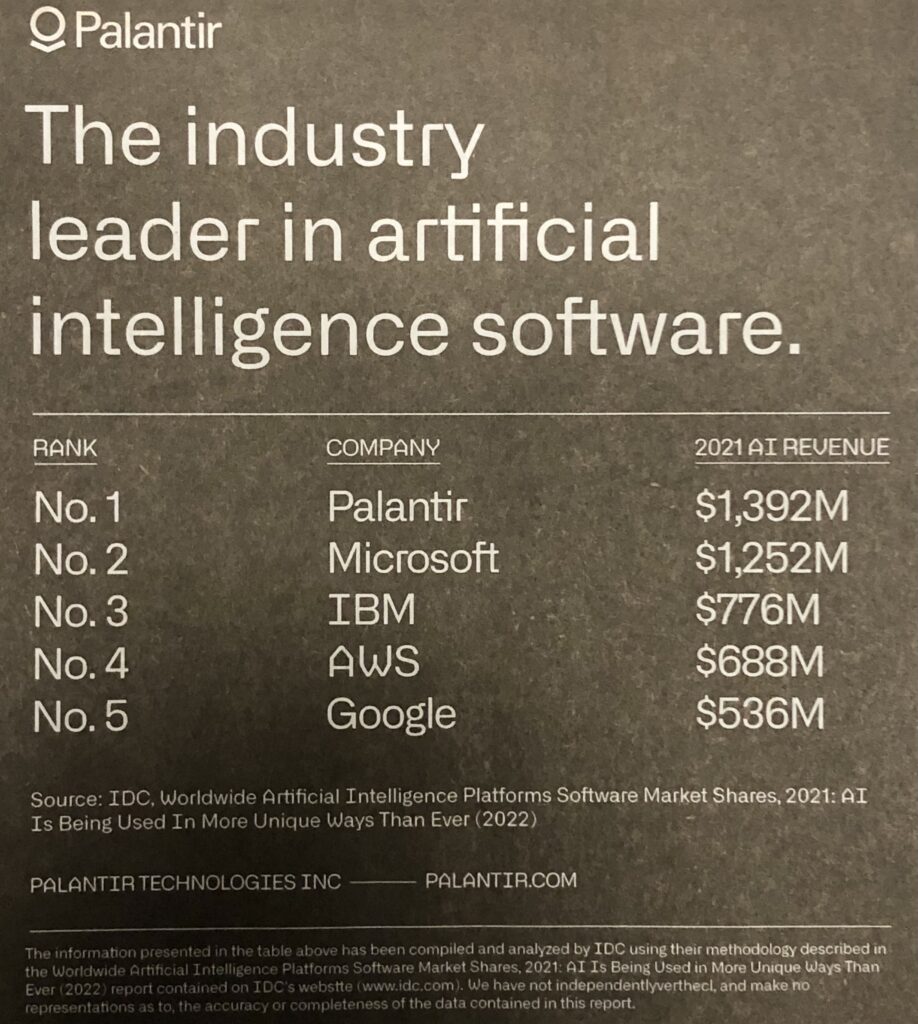The two top New York newspapers, The New York Times and The Wall Street Journal, have been conducting two seemingly coordinated campaigns of disparagement against San Francisco’s cultural and economic preeminences over the past decade. The two papers amplify the most irrelevant stories of misery in San Francisco and quash stories of San Francisco’s economic resilience and its irreplaceable and unrivaled creative and generative DNA. The paradigmatic stories revolved about the massive coverage they gave the departure of Tesla and Oracle headquarters to Austin, TX, and the total lack of coverage they gave to the fact that the most critical Tesla and Oracle HQ staff ultimately returned to the Bay Area. Even the meatiest portion of this story in the Journal carefully avoids providing scale to San Francisco’s economic prowess:
San Francisco has largely weathered the broader crunch in startup funding. Investment in Bay Area startups dropped 12% to $63.4 billion last year. By contrast, funding volumes for Austin, Texas, and Los Angeles, two smaller tech hubs, dropped 27% and 42%, respectively. In Miami, venture investment plunged 70% to just $2 billion last year.
Source: Tech Leaders Fled San Francisco During the Pandemic. Now, They’re Coming Back. – WSJ
It is particularly telling that the story cites the $2 billion mark for Miami in order to disparage Miami in relation to SF’s $63 billion startup capital availability, but the Journal deliberately avoids citing the same numbers for Austin, Los Angeles and New York. In fact, New York is not even mentioned because it would draw attention to the fact that New York’s economy revolves around the motion of money rather than its application to creating businesses. Thus, the story exists solely to disparage all cities except New York, whose most prominent citizen is an ex president who was bolstered by these two papers for decades and who is now a convicted fraudster and slanderer and will soon be a multiply convicted felon.
The “culture wars” propagated in the media is a fiction carefully crafted by New York media to detract from the real culture war: New York’s desperation to be more relevant than San Francisco after it lost its leadership to San Francisco under the weight of its own conservativeness (read sloth) and unrivaled corruption (need anyone say anything more than the presumptive GOP nominee?). New York’s economic might comes from the deals that its revered names like Goldman Sachs broker for the Bay Area companies that are building the future. New York’s wealth is coming from the puny commissions it earns from SF companies, and clearly this irks publications like the Journal, who will likely confirm their own irrelevance by endorsing the criminal candidate for presidency in September.
The greatest American intellect, Mark Twain, became a legend as a writer in San Francisco, and ultimately elected to die in New York. Much more so than the rumors of Twain’s demise, the rumors of San Francisco’s demise are and forever will be exaggerated and totally bogus.
Founders and investors who ditched the Bay Area for Miami and elsewhere are returning to a boom in artificial intelligence and an abundance of tech talent. Source: Tech Leaders Fled San Francisco During the Pandemic. Now, They’re Coming Back. – WSJ
Like this:
Like Loading...







